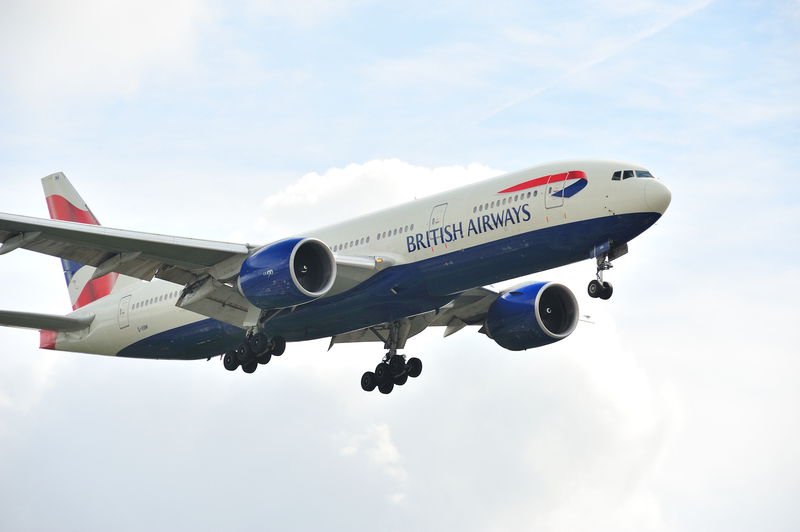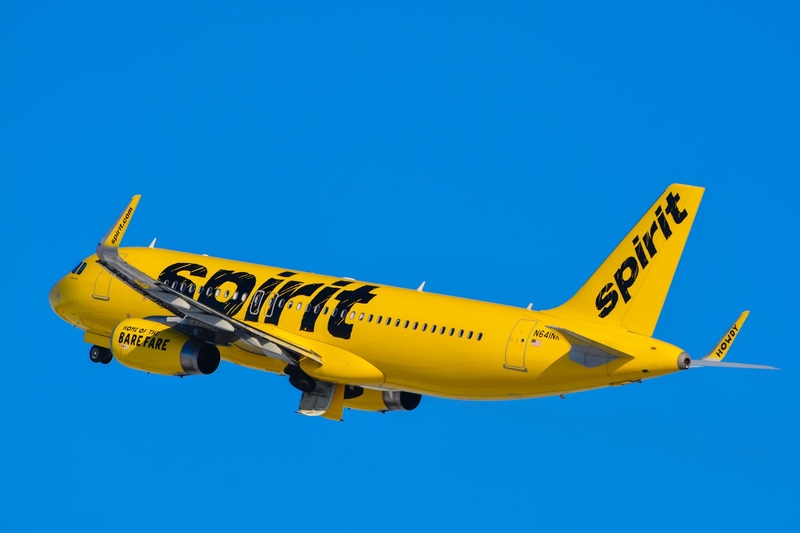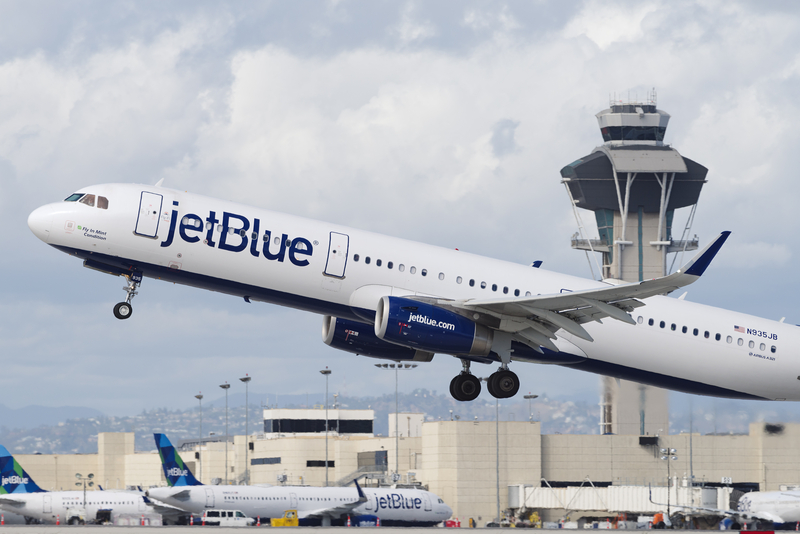British Airways Suspends Beijing Service Amid Ongoing Airspace Constraints

ID 19909019 © Tommy Beattie | Dreamstime.com
British Airways has announced the temporary suspension of its route between London Heathrow (LHR) and Beijing Daxing International Airport (PKX), effective October 26, 2024. This one-year pause is primarily due to restricted access to Russian airspace, which has extended flight durations and increased operational costs for carriers flying to East Asia. British Airways joins several other European airlines that have reduced or discontinued their China services due to similar challenges, including Virgin Atlantic’s recent decision to cease its only China route.
Background and Impact of Airspace Restrictions
The Russian airspace closure, implemented as part of geopolitical sanctions, has forced airlines to reroute flights to China, extending journey times and increasing fuel costs significantly. For British Airways, this added time has made the London-Beijing route less viable operationally, prompting the airline to place a temporary hold on the service. These constraints affect most carriers in Western Europe, as flights must take detours that impact schedules and add operational strain.
British Airways’ Beijing route was previously operated four times weekly on a Boeing 777-200 and was an essential part of its East Asian network. While the airline will maintain its other Chinese services, including flights to Shanghai and Hong Kong, the temporary removal of the Beijing route marks a significant reduction in its direct connections to China.
Broader Industry Impact
The decision by British Airways reflects a growing trend among Western airlines to adjust their Asia-Pacific strategies. Virgin Atlantic recently ended its Heathrow-Shanghai route, and several other European carriers have been forced to reduce capacity on Asian routes as well. The closure of Russian airspace has had a ripple effect on global connectivity, particularly for carriers heavily reliant on Asian markets, as they now face prolonged block times and increased operating expenses. The financial implications for airlines include higher fuel costs, extended crew shifts, and reduced schedule flexibility, all contributing to an uncertain future for several East Asia routes.
British Airways’ Strategy and Future Plans
In response to these disruptions, British Airways has indicated that it will review its Beijing service periodically, with plans to reassess market conditions in 2025. During this pause, the airline will focus on optimizing its remaining East Asia network, which includes expanding services to destinations less impacted by the airspace constraints. British Airways has stated that it remains committed to its presence in Asia, particularly through its Shanghai and Hong Kong routes, which continue to see stable demand.
Industry-Wide Adjustments and Customer Options
For travelers affected by the suspension of the Beijing route, British Airways is offering alternatives through its oneworld alliance partners, such as Cathay Pacific and Finnair, which provide connections from other European hubs to various cities in China. This alliance enables British Airways to maintain indirect connectivity to China, allowing passengers to rebook or reroute their trips more flexibly through other Asian hubs.
Bottom line
British Airways’ suspension of its Beijing route highlights the complex operational challenges facing airlines serving East Asia, as geopolitical factors and rising costs continue to reshape global air travel networks.



